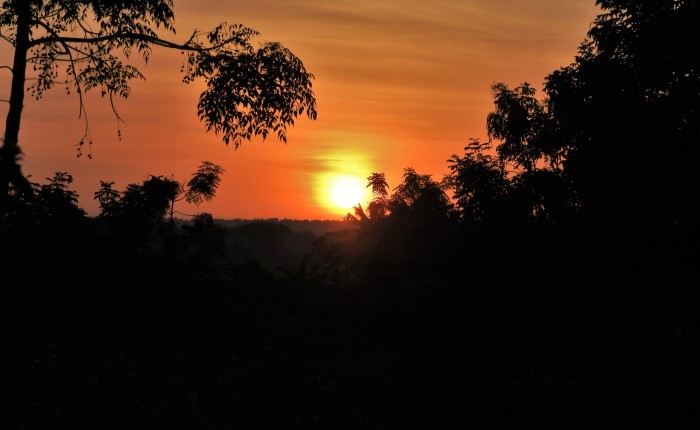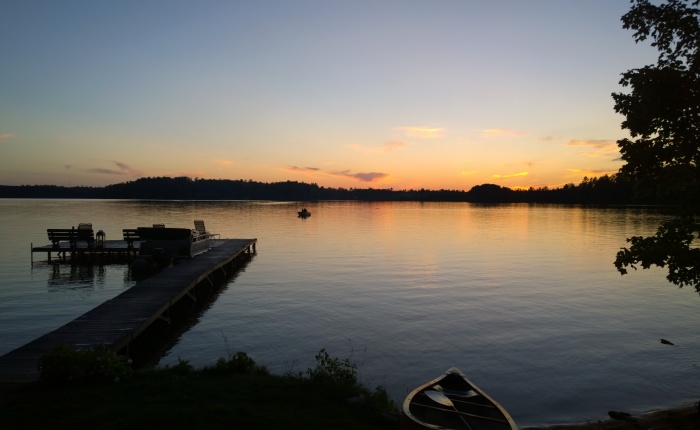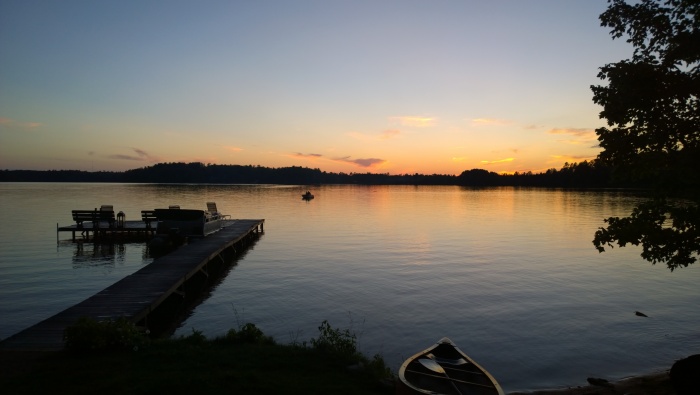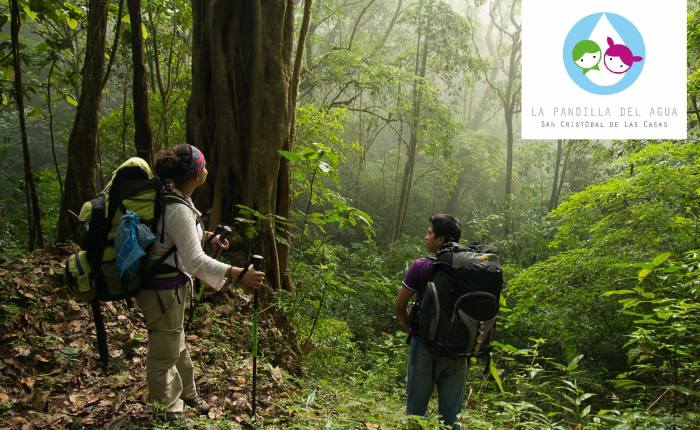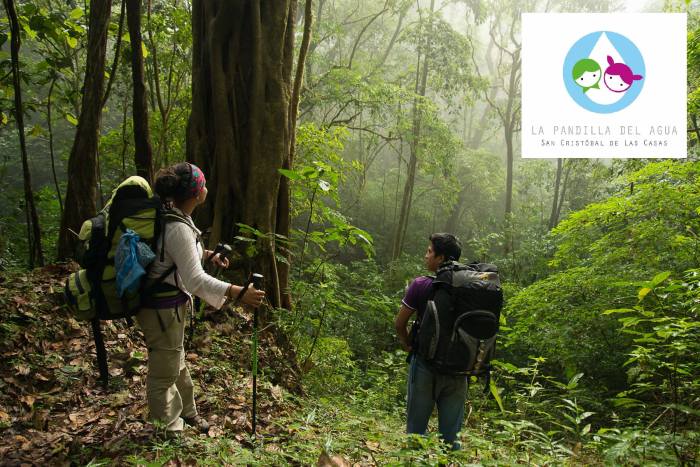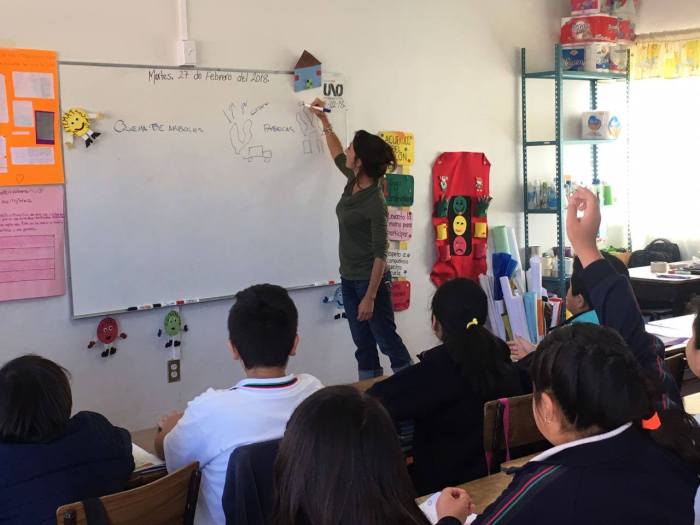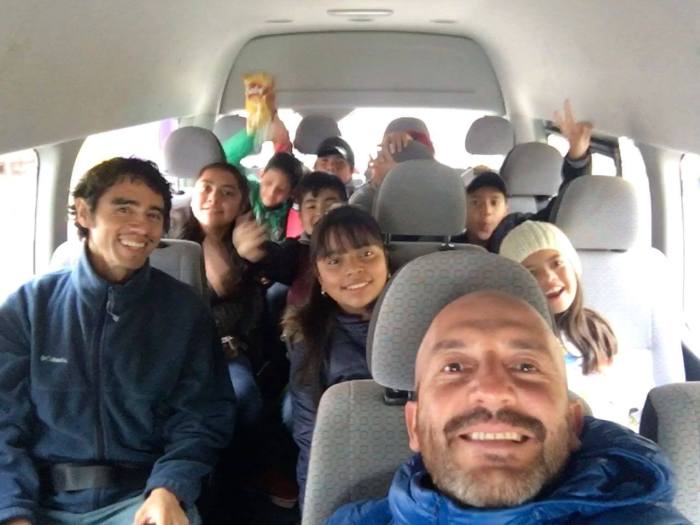Disclaimer: The content of this blog is mine alone and represents my own views and I am not affiliated with any governmental or non-governmental organization. Furthermore, the intention of this blog is not to malign, injure, or libel, any religion, ethnic group, club, organization, company, or individual. Photos and videos in this blog may not be reproduced without this bloggers expressed written permission.
Part Five: Twasula, Twasoma, Twalamusa
Week One-Hundred and Three/ May 2018
The Re-Entry Process, Framing
Spring
Framing the Re-Entry period is important for processing your experience in a broader and intentional narrative.
Once the shock of too many choices in the grocery store, too many choices when buying coffee, enormous houses, and cars driving in the right lane wears off, you’re left with something very different. The fact that you are not only different but the way you see the world and behave within in it is different. Moreover, there is a need to redefine the adjustment process and how we frame it.
Melissa Park, an RPCV from Malawi wrote in her MA thesis “Ecocultural Adjustment: A Peace Corps Sojourn”, “My interpretations point to the profound need to reimagine the sojourner adjustment process as one of both mind and body, of culture and negotiation of the greater-than-human world, as not simply cultural adjustment but as ecocultural adjustment.” (2016, p. v)
There is a yearning after service, Park writes, “I miss so much of her [Malawi]. I long for the foods, the long walks, the lakeshore, the merciless jungle, the brilliant contrast of blue sky sitting on red clay, the feel of my friends’ hands in mine. I miss the pace of life, the magic of the earth, the talking sky… Yet I now live in a space where the land is covered in concrete, where I am protected from discomfort, where my feet stay clean.” (Park, 2016, p. 1) Returning to your home country is about so much more than mentally shifting back to where you once were. You are different, and there is negotiation between where you were, who you became, and who you want to be, and you desperately miss your country of service.
Park describes ecocultural adjustment in the following passage:
“In dominant Western culture, communication is generally viewed as an exclusively human behavior, as “we tend to speak and think about nature as an objective environment (sans culture), culture as a built environment (sans nature), and communication as simply a means of saying something about each” (Carbaugh, 1996, p. 39). This discursive separation of culture and nature is problematic for sojourner adjustment to different geographical locations, as dominant Western perceptions of mobility and intercultural negotiation rarely emphasize experience with environmental factors, risking the exclusion of the body and its senses from this equation. This discursively indicates that sojourner adjustment is a strictly mind-centered process when, in actuality, the physical body also requires time to adjust to environmental elements, as well as establish or reestablish relations with the greater-than-human world. Extant intercultural communication theory is reflective of and contributes to this perception of cultural adjustment as strictly human-centered, as demonstrated by the overall lack of theory linking the cultural adjustment to greater-than-human factors. By retracing my own processes of adjustment, I interpret my experiences not as cultural adjustment but as ecocultural adjustment, in which both human-centered and environment-centered factors are inextricably vital to both conscious and subconscious adjustment. The concept of ecocultural adjustment creates space for and justifies adjustment processes that are not strictly cultural. In exploring these processes, this study also attempts to draw attention to and disrupt the human-nature divide lodged within extant intercultural adjustment and culture shock theory, emphasizing that the cultural is never separated from the greater-than-human.” (2016, p. 2-3)
During ones Peace Corps experience, one is not simply an observer of a place who makes reports and then leaves, one develops a relationship with that place, a relationship in which one is not separated from nature.
I would recommend reading her entire thesis, which can be found through this link:
http://digitalrepository.unm.edu/cj_etds/56/
